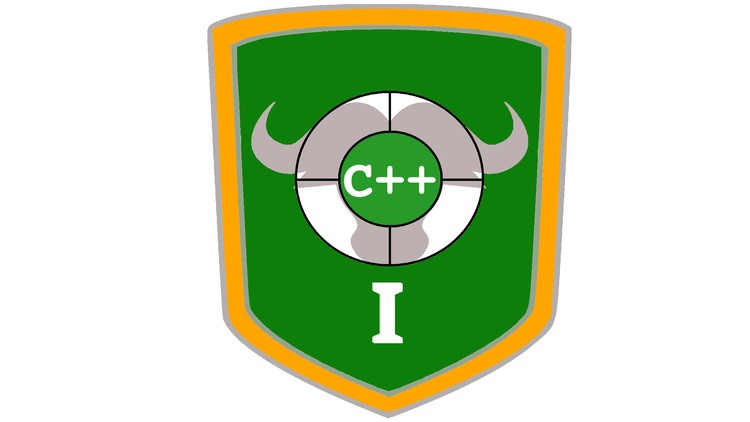
Exploring the C/C++ Commons
What you will learn
Create programs using Modern C/C++
Use GNU C/C++ under Cygwin on Microsot Windows, or natively on Linux / macOS
Complete “Common Grounds” Keyword Coverage!
Why take this course?
🚀 C/C++ 1000: GNU For Beginners 🐱💻
Dive into the world of C and C++ with a twist – on a Linux platform! Whether you’re on Linux, AIX, MacOS, or even Windows, this course will equip you with the skills to craft C++ applications that run seamlessly across POSIX-inspired operating systems. With tools like Cygwin and WSL, your Windows environment becomes a gateway to the Linux programming landscape.
Why Choose This Course? 🤔
- Legacy Code Mastery: Understand the rich heritage of C/C++ code that continues to be relevant in modern software development.
- Standardized Knowledge: Grasp the nuances between different C/C++ standards and how they affect your code.
- Cross-Platform Skills: Learn to write software that not only compiles on multiple systems but performs consistently as well.
Course Overview: 📚
This course is the first in a three-part series designed for beginners who want to get a solid foundation in GNU C/C++ tools and compilers. We’ll start by laying the groundwork with basic compiler concepts, ensuring you have a comprehensive understanding of the fundamentals before moving on to more complex topics.
‘;
}});
Why C/C++? 💡
- High-Performance Software: C/C++ remain go-to languages for high-performance applications across various domains.
- Widespread Reliance: The backbone of every modern operating system, including cloud technologies, relies on software written in C/C++.
- Community Support: The free and open C/C++ community provides robust support to countless other programming languages.
What Will I Learn? 🎓
In this course, you will learn:
- Control Flows: Master the different types of control flows that are fundamental in C/C++.
- Functions and Pseudo Functions: Understand how to define, declare, and use functions effectively.
- Data Structures: Get familiar with structures, typedefs, unions, and how they can be used to model complex data.
- Argument Processing: Learn best practices for processing command-line arguments.
- State Machines: Explore the concept of state machines and how they can manage complex workflows or behaviors.
By the end of this course, you’ll have a strong grasp of GNU C/C++ basics, preparing you for the intermediate stage in our training series – GNU C/C++ 2000. Get ready to join the ranks of proficient developers who can navigate and excel in the world of C/C++ on any platform!
Enroll now to embark on your journey into the fascinating realm of GNU C/C++ for beginners and unlock your potential as a software developer! 🌟
